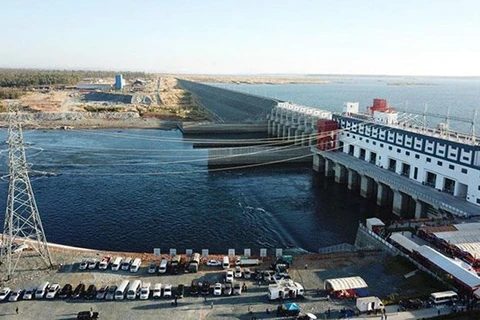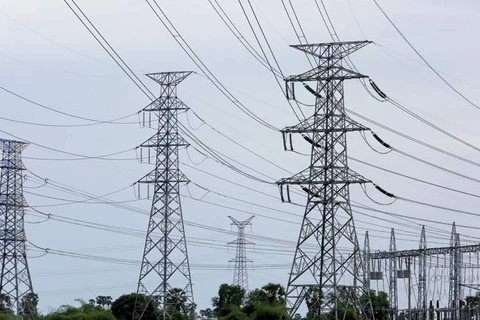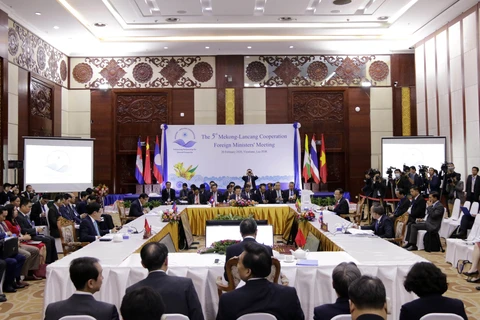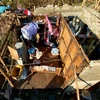Phnom Penh (VNA) – The Cambodian Ministry of Mines and Energy affirmed on March 19 that the country’s newly-approved Master Plan for 2020-2030 will not include the construction of new hydropower dams along the Mekong River.
The ministry’s Director-General of Energy Victor Jona said the decision was made based on the results of a recent environmental impact assessment, which concluded in February.
The Cambodian government is now reviewing its policy on energy development while weighing the viability of other alternatives such as coal, natural gas and solar power, he stated.
The government had earlier announced plans to erect two dams at Kratie province’s Sambour district and Stung Treng province, which spurred negative reactions from various parties, including local fishing communities, non-profit groups and environmentalists.
However, when asked if this was a temporary suspension, Jona only said “All future developments must be vibrant and adaptable to changes”.
This announcement was welcomed by World Wildlife Fund (WWF) Cambodia Country Director Teak Seng, who said that it was the best decision for both people and nature.
“WWF commends the Cambodian government for ruling out the hydropower dam development and instead pursuing other energy sources such as solar to meet the Kingdom’s power demand,” he said.
WWF is ready to work with the government to support development of a system-wide sustainable energy plan that promotes clean and renewable energy alternatives, contributing to the country’s energy goals without building dams on Cambodia’s remaining free-flowing rivers, he added.
WWF Freshwater Lead (Asia Pacific) Marc Goichot said the 10-year moratorium on mainstream dams on the Mekong River is the best possible news for the sustainable future of the tens of millions of people living alongside it.
The decision, he added, will help protect the rich biodiversity that depends on the Mekong River, especially the world’s largest population of Irrawaddy river dolphins.
The Greater Mekong is home to more than 20,000 species of plants, 1,200 bird species, 800 species of reptiles and amphibians and 430 mammal species. Over 1,300 new species have been catalogued since 1997, according to a report on biodiversity and fisheries in the Mekong River Basin.
Within the Mekong River system, it said there are flourishing fisheries which exploit a large number of species. Estimates indicate approximately 120 fish species are commercially traded, although the bulk of the fishery is based on 10-20 species./.
VNA
























